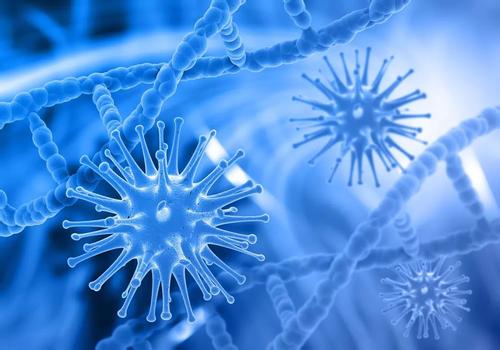Any HIV the mosquito sucks up on its travels is dissolved by the mosquito's own metabolism. When the day comes that the virus mutates its way around this, we may be in real trouble.
蚊子在叮咬過程中吸入的人體免疫缺陷病毒被蚊子自身的代謝作用分解了。如果哪一天那種病毒設法戰勝了這一點,我們可真的要遭殃了。
It is a mistake, however, to consider the matter too carefully from the position of logic because microorganisms clearly are not calculating entities. They don't care what they do to you any more than you care what distress you cause when you slaughter them by the millions with a soapy shower or a swipe of deodorant. The only time your continuing well-being is of consequence to a pathogen is when it kills you too well.
然而,要是從邏輯的角度把事情想得過于細致入微,那是錯誤的,因為微生物顯然不是很有心計的實體。它們不在乎自己對你干了些什么,就像你不在乎你用肥皂淋個浴或擦一遍除臭劑殺掉了幾百萬個微生物會對它們造成了什么樣的痛苦一樣。對病原菌來說,在它把你徹底干掉的時候,顧及它自己的繼續安康也是很重要的。

If they eliminate you before they can move on, then they may well die out themselves. This in fact sometimes happens. History, Jared Diamond notes, is full of diseases that "once caused terrifying epidemics and then disappeared as mysteriously as they had come." He cites the robust but mercifully transient English sweating sickness, which raged from 1485 to 1552, killing tens of thousands as it went, before burning itself out. Too much efficiency is not a good thing for any infectious organism.
要是它們在消滅你之前沒能轉移到另一個寄主,它們很可能自己會死掉。賈里德·戴蒙德指出,歷史上有許許多多疾病,這些疾病“一度可怕地到處傳播,然后又像神秘地出現那樣神秘地消失了”。他舉了厲害而幸虧短暫的汗熱病,那種病在1485-1552年間流行于英國,致使成千上萬人喪了命,然后也燒死了病菌自己。對于任何傳染病菌來說,效率太高不是一件好事情。
A great deal of sickness arises not because of what the organism has done to you but what your body is trying to do to the organism. In its quest to rid the body of pathogens, the immune system sometimes destroys cells or damages critical tissues, so often when you are unwell what you are feeling is not the pathogens but your own immune responses.
大量的疾病不是因為微生物對你的作用而引起,卻是因為你的身體想要對微生物產生作用而引起的。為了使你的身體擺脫病原菌,你的免疫系統有時候摧毀了細胞,或破壞了重要的組織。因此,當你身體不舒服的時候,你感覺到的往往不是病原菌,而是你自己的免疫系統產生的反應。












